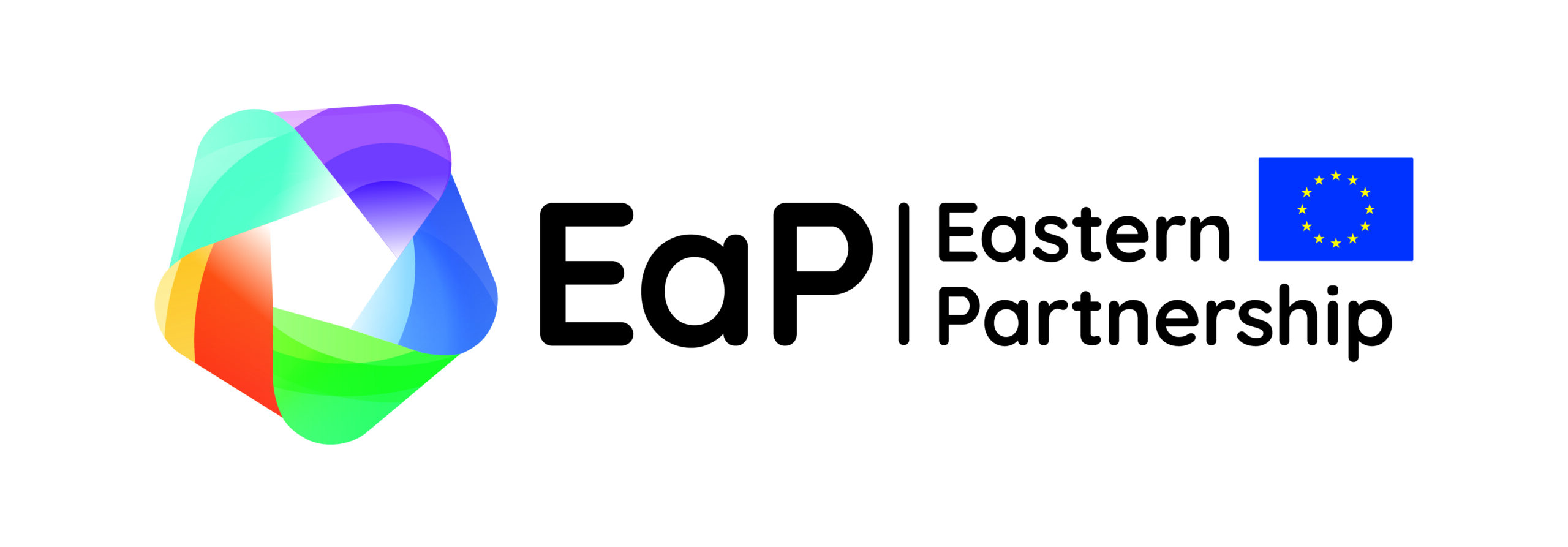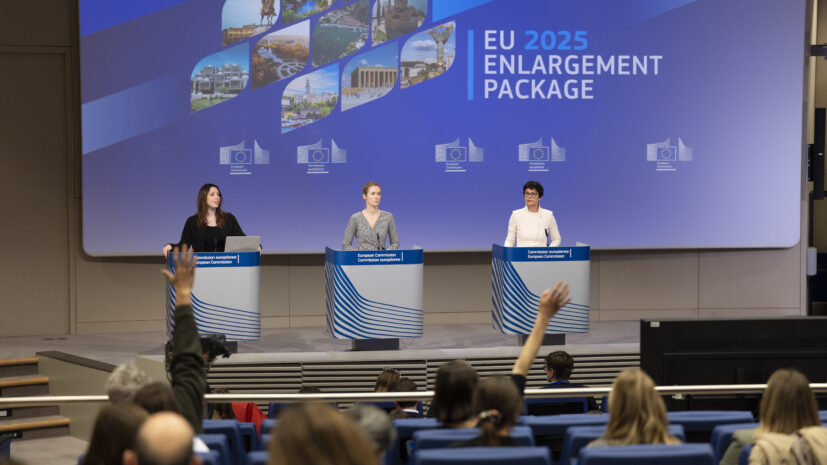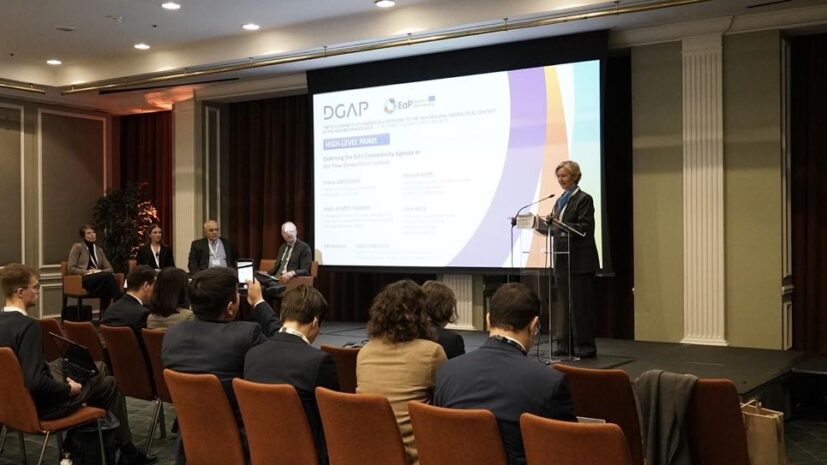EaP Think Tank Network

Original Content
Input Paper: The Rule of Law in the Eastern Partnership
This input paper by Pavel Havlíček was presented at the network workshop "Taking Stock and Thinking Ahead: The Eastern Partnership Beyond 2021" in June 2021. Please find the Agenda here.
Download the input paper here.
Executive Summary
- The rule of law is one of the weakest points and a long-term challenge for the reform effort of the six Eastern Partnership (EaP) countries. Even if the EU has extensively invested in this domain and member states, including above all Germany, have prioritized it, the EaP elites have not delivered sufficiently on their promises and the rule of law keeps suffering from problems and is contested daily. In its recent Joint Communication, the European Commission has recognized this problem and marked it as a challenge for the future EU orientation and resilience of the EaP countries.
- Based on national consultations with representatives of civil society, legal professionals, and state officials from Armenia, Georgia, Moldova, and Ukraine, this input paper summarizes the most serious challenges across these four EaP countries. They are: lack of political will and the role of veto players; problems with institutional setup, independence and accountability; implementation of current commitments and progress monitoring; and limited impact and efficiency of EU engagement.
- Because these challenges are complex, the EU needs to develop tailor-made, countryspecific solutions, as proposed at the end of this paper. Some of these will require deeper political and diplomatic engagement with the EaP governments with stronger conditionality. Others are of a more technical nature, based on knowledge-sharing and capacity-building measures. Overall, the EU will need to substantially enhance its involvement and develop a more sophisticated, long-term approach rather than outsourcing progress in the rule of law entirely to EaP national governments.
- Most importantly, it is essential to see that the rule of law is part of good governance and resilience, which cannot flourish while the EaP countries suffer from securityrelated problems and internal instability. Their current political turbulences make significant improvement in the rule of law immensely difficult to achieve. This will require a strategic and long-term approach by the EU and a degree of political consensus among national elites around their country’s pro-EU orientation and EaP agenda.
- This input paper was written as part of the Eastern Partnership Think Tank Network project coordinated by the German Council on Foreign Relations (DGAP) to stimulate a more focused policy debate on the next steps, innovative ideas, and adjustments for the EaP.

The EU’s Eastern Neighborhood in 2026: Key Trends to Follow
“What’s Brewing in the Eastern Neighborhood?” brings timely questions to a panel of experts, sparking dynamic debate and showcasing a range of per...

The New Enlargement Package Sends the Right Message – Now the EU Needs the Backbone to Go Forward
The EU’s new enlargement package puts geopolitics firmly at the centre – and rightly so. Russia’s full-scale invasion of Ukraine jolted enlargement out of...

EU’s Connectivity Agenda. Takeaways from the DGAP High-Level Event
Following the DGAP high-level event organized on December 2 in Brussels Anastasia Pociumban provides an outlook on the event’s key takeaways.
